
Bournemouth University is investigating potential technological solutions to assist those sleeping rough to access healthcare services and self-manage complex healthcare needs
Homelessness in the UK is on the increase (Open Government 2018). Health outcomes for those that are homeless are far poorer than of the general population with an mean age of death of 45 years (men) and 43 years (women) compared to 76 ( men) and 81 years (women) for those living in homes (Office for National Statistics 2019). The South West region had the third highest number of rough sleepers in 2018 (Homeless link 2017) and this project will take place in Bournemouth and the surrounding area.
Using technology to access healthcare is nothing new; accessing virtual consultations with your GP or using one of the wide range of apps to access information and advice on is increasingly common, particularly during the current pandemic. However, this does require access to appropriate technology and internet along with the knowledge of how to use it.
Although there is a growing use of technologies amongst homeless people (McInnes et al 2015) to connect with their peers, there is no current research exploring the role of technology in assisting people who sleep rough in locating and accessing appropriate local services.
In partnership with colleagues from the Providence surgery, Dorset Healthcare NHS Foundation Trust, the Big Issue and Streetwise; Staff at Bournemouth University are conducting a research project with the aim of developing a freely available app enabling navigation and access to resources to self-manage complex health and social care needs.
The Research Team
 Dr Vanessa Heaslip
Dr Vanessa HeaslipVanessa is an Associate Professor in the Department of Nursing Science at Bournemouth University and is the Principle Investigator for this project. Her research interests are in the field of vulnerability and vulnerable groups in society whose voices are not traditionally heard in the academic and professional discourse.
 Dr Sue Green
Dr Sue Green
A Registered Nurse with experience in acute and continuing care environments, Sue has been at the forefront of the development of clinical academic careers for nurses. Sue’s research programme focuses on aspects of clinical nutrition. She has a long standing interest in the process of nutritional screening and its effect on care.
 Dr Huseyin Dogan
Dr Huseyin Dogan
A Principal Lecturer in Computing at Bournemouth University (BU). Dr Dogan’s research focuses on Human Factors, Assistive Technology, Digital Health and Systems Engineering. He is the Co-Founder and Co-Chair of the Human Computer Interaction (HCI) research group.
 Dr Bibha Simkhada
Dr Bibha Simkhada
Bibha works at Huddersfield University in the School of Health and Human Sciences. Her research interest includes Technology in Healthcare, Ageing research mainly in Dementia, Health and Wellbeing of BAME population and women’s health. She has methodological expertise on narrative and systematic review and qualitative research.
 Stephen Richer
Stephen Richer
Stephen is a part time PhD student and working part time as the project research assistant. His background is in Mental Health Nursing and he has worked in numerous roles within the NHS and for various mental health charities.
 Rachel Bailey
Rachel BaileyRachel is a Research Administrator at Bournemouth University. She also works as a Youth Advisor for a local charity and previously worked in FE delivering Careers Advice.
As the research project progresses, this blog will be updated on our methods, progress and results.
We are keen to hear from any local organisations working with the homeless that could assist with research. Please contact Stephen Richer sricher@bournemouth.ac.uk

 On 17th September 2020 students from DePaul University, USA; SSLA, India, and Bournemouth University engaged in an online dialogue exploring the effects of the current pandemic and their understanding of Psychology.
On 17th September 2020 students from DePaul University, USA; SSLA, India, and Bournemouth University engaged in an online dialogue exploring the effects of the current pandemic and their understanding of Psychology.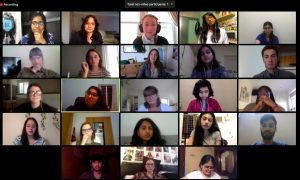
 In March, POST launched the Covid-19 outbreak expert database
In March, POST launched the Covid-19 outbreak expert database

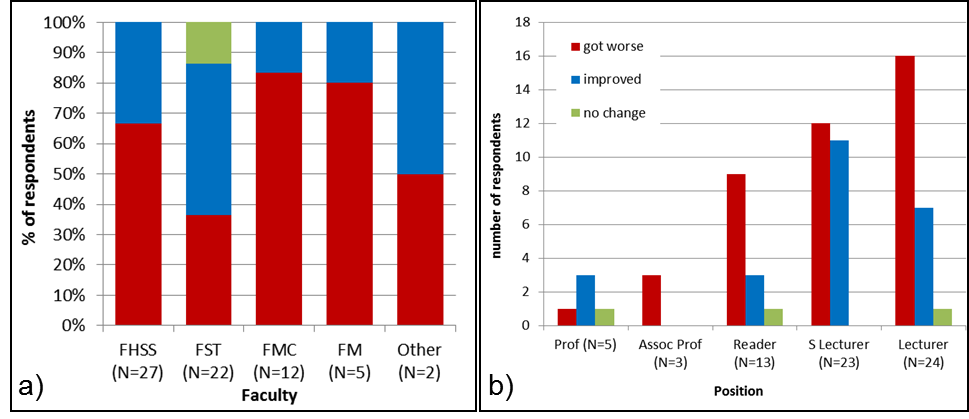



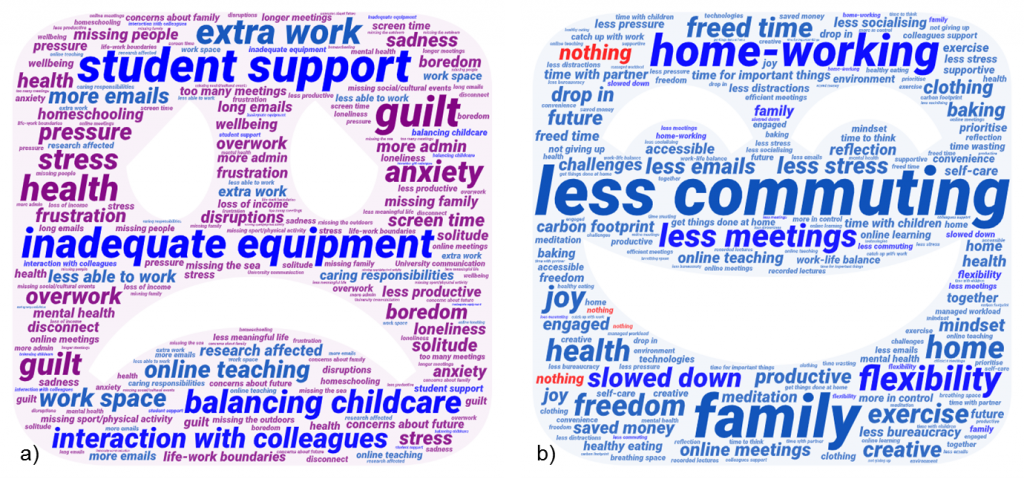

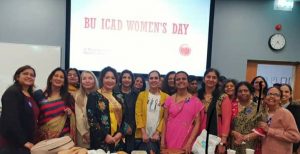

 Dr Kip Jones, Reader in Qualitative Research and Performative Social Science retires from Bournemouth University at the end of February, but will continue with PhD supervision on a part-time basis. He has four potential publications in discussion with publishers, including a volume on PSS.
Dr Kip Jones, Reader in Qualitative Research and Performative Social Science retires from Bournemouth University at the end of February, but will continue with PhD supervision on a part-time basis. He has four potential publications in discussion with publishers, including a volume on PSS.  elation to their needs, rather than the focus being almost exclusively on their babies.
elation to their needs, rather than the focus being almost exclusively on their babies.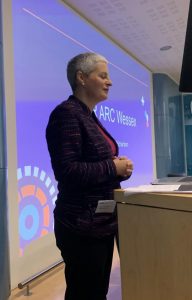 Tuesday saw the launch of the Applied Research Collaboration (ARC) for Wessex. This exciting development brings together health and care organisations (including NHS Trusts, universities, Clinical Research Network, Academic Health Science Network, voluntary organisations) to respond to the needs of the people living in Wessex.
Tuesday saw the launch of the Applied Research Collaboration (ARC) for Wessex. This exciting development brings together health and care organisations (including NHS Trusts, universities, Clinical Research Network, Academic Health Science Network, voluntary organisations) to respond to the needs of the people living in Wessex.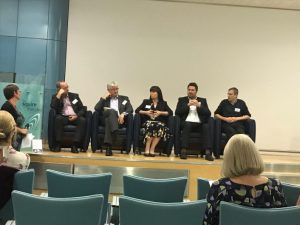
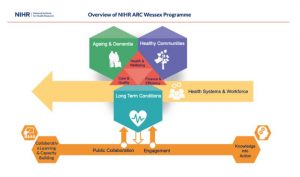 Aging and Dementia – Theme Lead Prof. Helen Roberts
Aging and Dementia – Theme Lead Prof. Helen Roberts

























 BU attendance at third annual GCPHR meeting in June
BU attendance at third annual GCPHR meeting in June Interactive Tangible and Intangible Heritage Applications – BU student work featured in new book chapter
Interactive Tangible and Intangible Heritage Applications – BU student work featured in new book chapter Second NIHR MIHERC meeting in Bournemouth this week
Second NIHR MIHERC meeting in Bournemouth this week MSCA Postdoctoral Fellowships 2025 Call
MSCA Postdoctoral Fellowships 2025 Call ERC Advanced Grant 2025 Webinar
ERC Advanced Grant 2025 Webinar Horizon Europe Work Programme 2025 Published
Horizon Europe Work Programme 2025 Published Horizon Europe 2025 Work Programme pre-Published
Horizon Europe 2025 Work Programme pre-Published Update on UKRO services
Update on UKRO services European research project exploring use of ‘virtual twins’ to better manage metabolic associated fatty liver disease
European research project exploring use of ‘virtual twins’ to better manage metabolic associated fatty liver disease